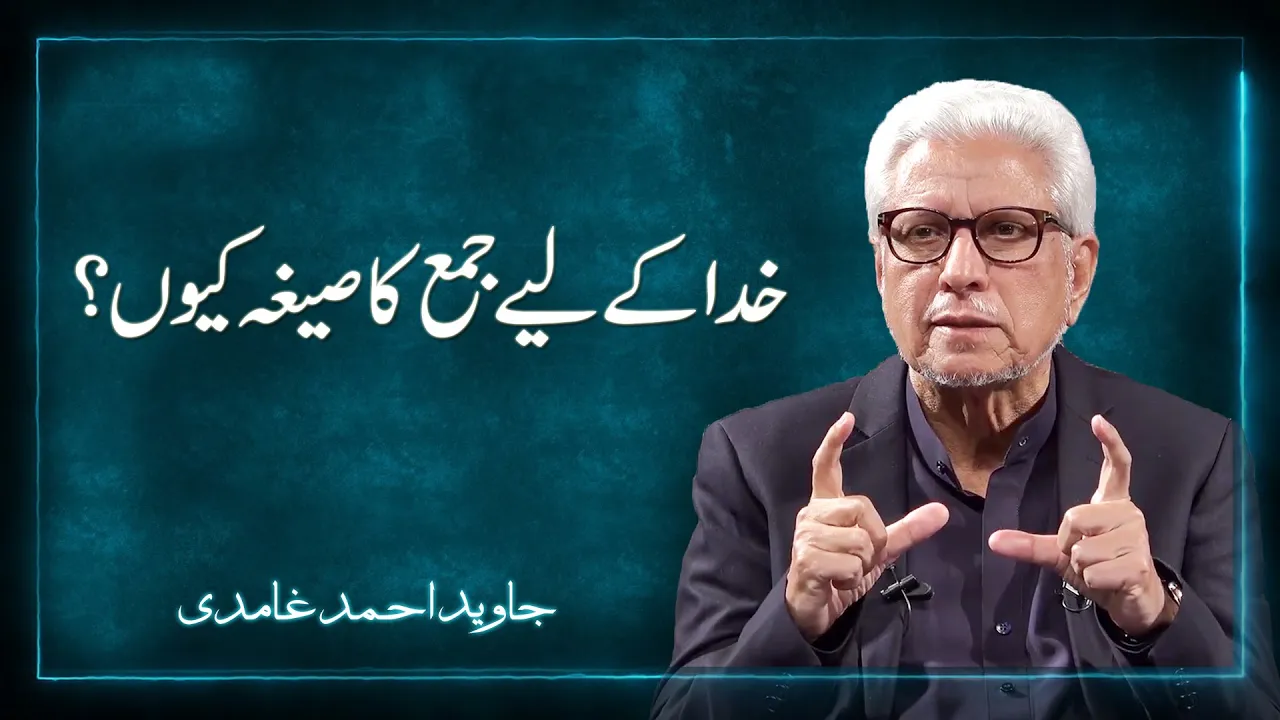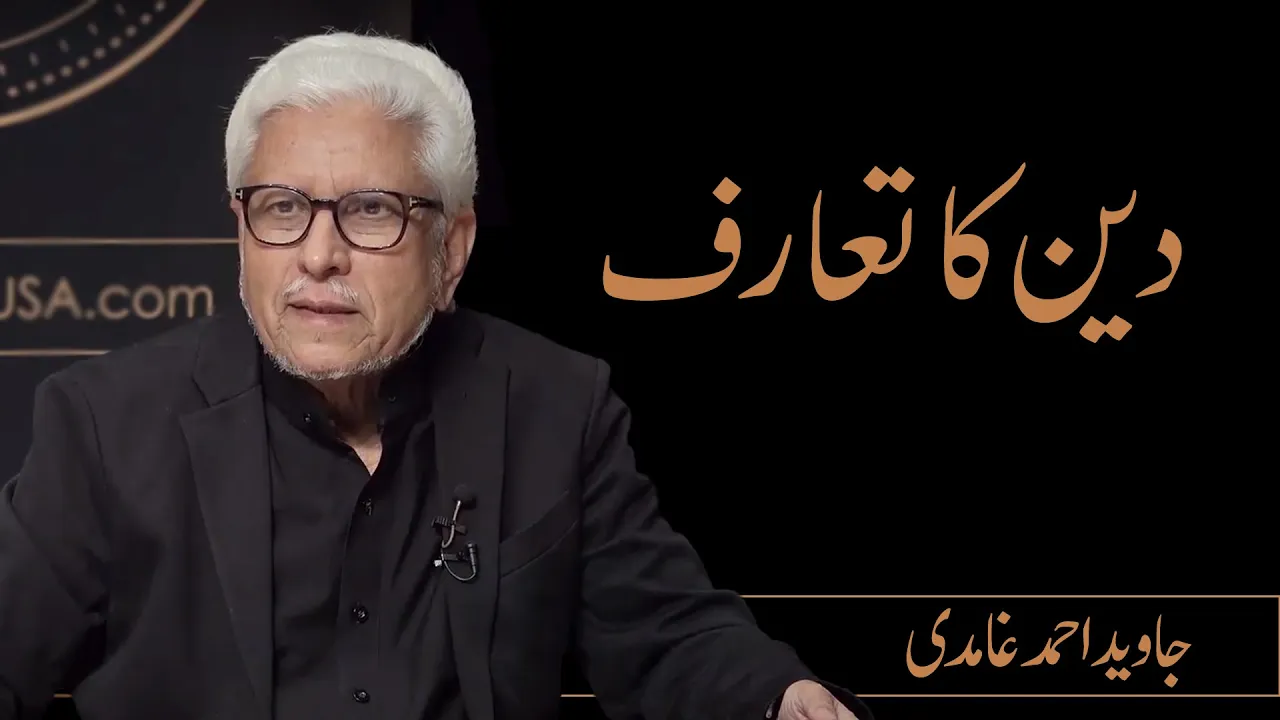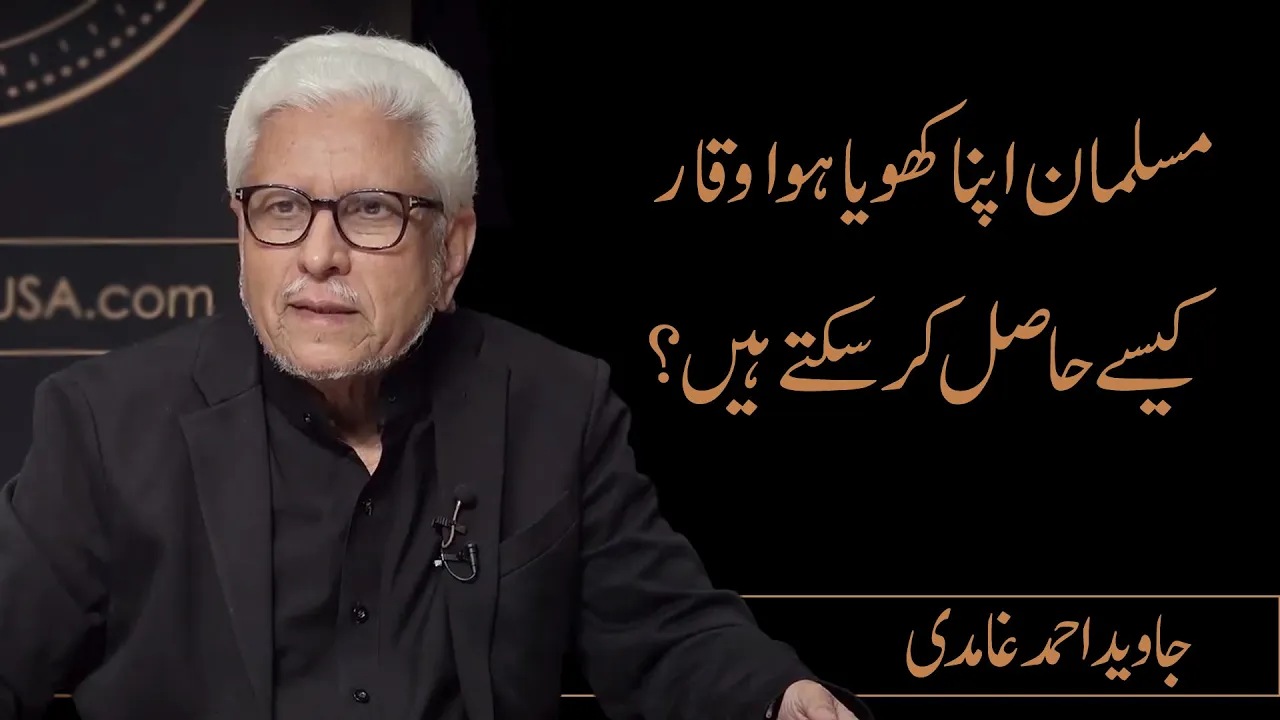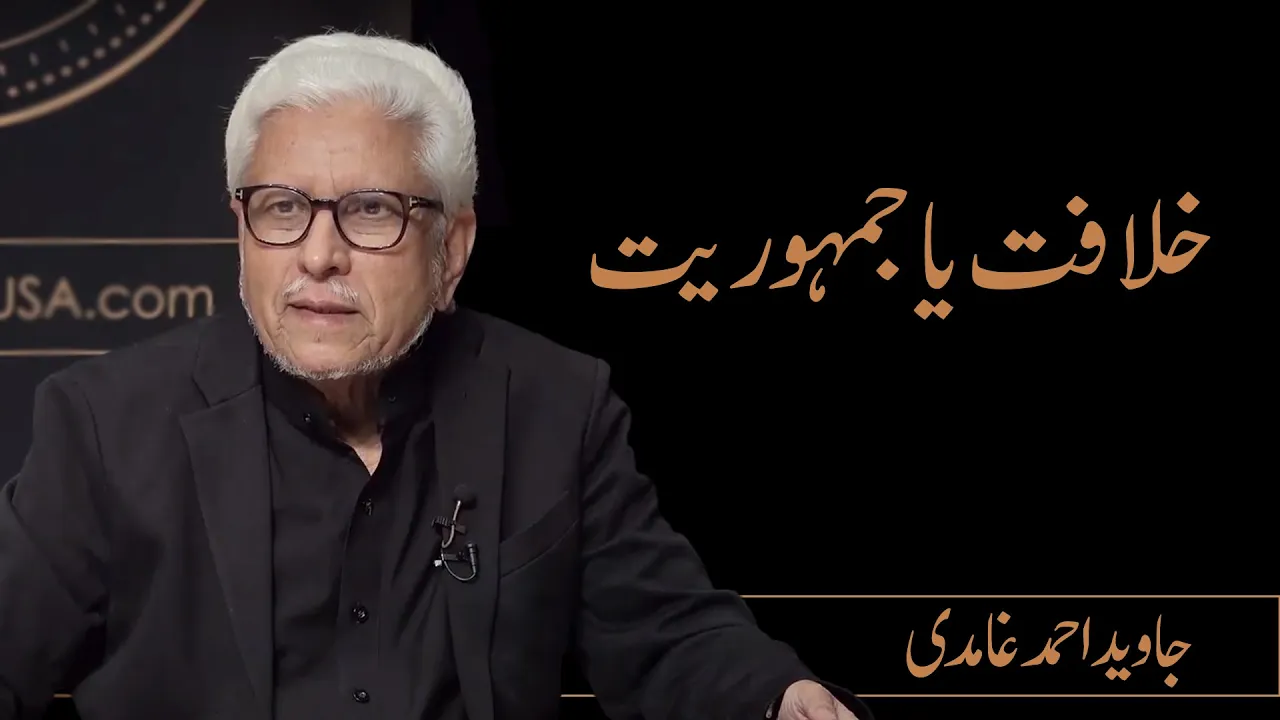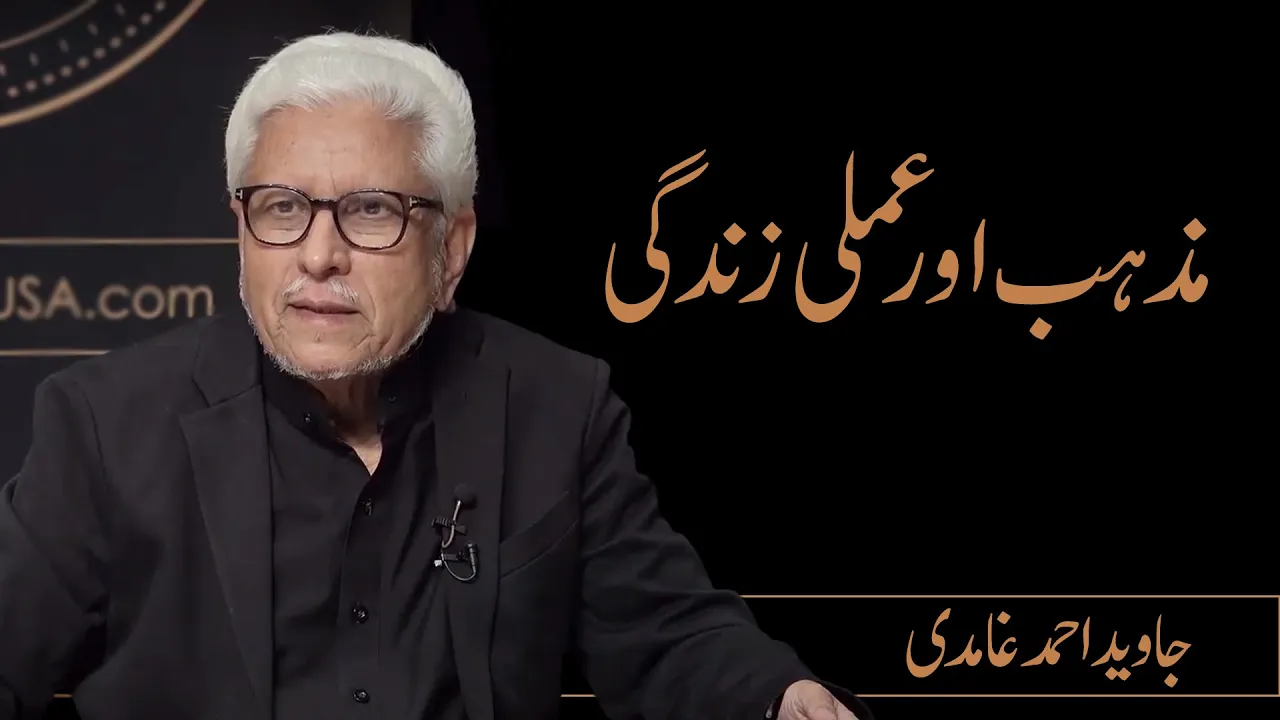Question
For your consideration, I will present to you some verses of Quran which Ahmadis believe refer to Ghulam Ahmad. But as I said before, the Jews deny the verses in Taurah which refer to Muhammad (sa), and the Muslims deny the verses in Quran which refer to Ghulam Ahmad.
I am not going to give you the Ahmadi translation of these verses, I am going to give you a word for word translation of these verses:
He it is Who raised among the unlettered ones a Messenger from among themselves, he recites upon them His Signs, and purifies them, and teaches them the Book and Wisdom, and before that they were in clear error; And others from them who have not yet joined them. And He is the Mighty, the Wise. [Quran 62:2-3]
In the above verses, Quran 62:2 says that Allah raised His messenger and this messenger purified the Unlettered (Arabs), and taught them the Book and Wisdom, while they were in clear error before.
But then Quran 62:3 says that this process will be repeated with others who have not yet joined the Arabs. Everybody knows that during the lifetime of Prophet Muhammad (sa), the message of Islam only extended meaningfully or sweepingly to the lands of Arabia, and even in Arabia there was not absolute dominance of Islam. Therefore, it seems that the process where Allah’s messenger would purify these non-Arabs and teach them the Book and Wisdom would happen sometime after Muhammad’s (sws) death. But who would do this task? Quran, as I said before, does not explicitly name or identify anybody, and this verse is somewhat mysterious.
Because this verse is not explicitly explained by Allah Himself in Quran, I think it’s fair to present an explanation reported from Muhammad (sws) in Sahih Bukhari. Abu Hurairah (ra) asked him about who Quran 62:3 referred to, and Muhammad (sws) answered that if faith leaves the Earth, then a Persian man or Persian people would bring faith back to Earth.
Therefore, although 62:3 talks of Allah’s messenger teaching the book to another people, clearly Prophet Muhammad (sws) regarded this verse as a prophecy about the distant future, when faith would leave the Earth, and he said that this prophecy would be fulfilled by a Persian or Persians.
Ghulam Ahmad (as) was of persian descent.
Answer
The question of such farfetched interpretation comes later. It is only pertinent when we have clear proofs from the Muslims’ belief regarding the Messengers of God and His prophets endorsing the prophet hood of Mirza sahib.Prophet sws not only made it clear that would not be any other prophet in his life and this forms the part of the faith. Had there been any other prophet destined to come, the Prophet would not have failed to ask his people to support and help him spread the word of God. On the contrary the Prophet Muhammad is found negating such an idea and the Qur’an itself has categorically mentioned that he was the last messenger of God.
Now I will try to present the explanation of the verse you have quoted.
Whatever is in the heavens and on earth, glorifies Allah, – the Sovereign, the Holy One, the Mighty, the Wise. It is he who has sent among the unlettered a messenger from among themselves; who reads out his verses to them, cleanses them and instructs them in the Book and wisdom,- although they had been, before, in manifest error;- and also among those of them who have not yet joined them: And He is exalted in Might, Wise. (62:1-3)
Allamah Amin Ahssan Islahi has explained:
And also among those of them who have not yet joined them
This is connected with the Ummiyyeen (the unlettered ones) that occurred in the previous verse. The implication is that the there are some among the Unlettered ones who have not joined them (i.e., the Muslim group). This refers to those of the Ishmaelite who had not yet accepted Islam (at the time of the revelation of this Surah). This means that though the word ummiyyeen in the previous verse is used in general sense yet the word is applied to only those of the Ishmaelites who had accepted Islam. This is evident from the last part of the verse: though they had been in manifest error before (for this indicates these are only the Muslims who have been ignorant before but now they are not, having accepted Islam). Now this verse (3) very cogently invites the Ishmaelites who had not yet embraced Islam to enter the faith. The word Minhum (from among them) indicates to this fact. God says that from among these very ummiyyoon the intended recipients of the great favor of God (the religion), there are others who are reluctant to accept it. This is a very subtle point, a very delicate expression of call and exhortation. What is being communicated is that it would be strange enough that those who are the intended recipients of the greatest favor of God are not paying heed to the favor. Strange!
The words lamma yalhaqoo bihim (they have not yet joined them) also betray glad tiding that they would join them. A similar kind of glad tiding has been given in Surah Mumtahinah 60: 7. (ISlahi, Tadabbur al Qur’an, vol., 8 page 377)
Answered by: Tariq Mahmood Hashmi
Date: 2015-01-10


